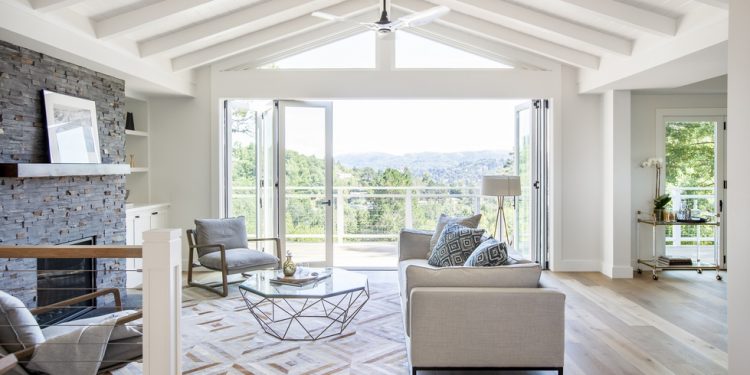Home improvement enthusiasts everywhere will likely know that exciting new projects can quickly become incredibly expensive.
There might be nothing worse than starting a project with all the grit and determination you can muster, simply to have it stall halfway through due to a distinct lack of financial backing.
If you are thinking about starting a new home improvement project any time soon but want to spare yourself the fate of running into some financial troubles later on down the line, here are some important points you might want to think about:
Budgeting for Materials
Depending on your project, one of the main factors that has the opportunity to weaken the wallet is undoubtedly the cost of materials.
Dedicating some time to sourcing the best value-for-money suppliers you can find is crucial, so it might even be worth getting as many quotes as possible.
Thinking about whether or not you can afford to go for cheaper alternatives without sacrificing your ultimate vision can help you decide on whether or not you can go ahead with the initial build.
For example, if you happen to be installing a new wooden floor, you may want to think about opting for pine over oak, especially if your space does not incur the wear and tear of a large amount of foot traffic.
Hiring Professional Services
As proficient in DIY as you might be, there is always a chance that without specific training, access to specialized tools, or the correct equipment, you may end up paying for your self-build in the longterm.
This can be particularly true of any intricate builds that require potentially dangerous and delicate installation processes such as glasswork. If you are hoping to get hold of some expert custom glass solutions, it may be worth your time to consider AMES Mirror & Glass: glass company Austin,Tx, as they can help you get the job done right the first time.
There are, of course, many smaller projects that are perfectly completable with a little solo effort, but if there is one aspect to consider, it is the cost of potential maintenance and the danger to your personal health.
You do not necessarily have to do everything yourself or, indeed, require professionals to do it all for you in many instances, so thinking about a combination of DIY and expert services might lead to a money-saving situation.
Consider Ex-Demo Pieces
When shopping around for ideas, materials or designs, keeping your eye out for any ex-demo pieces can be a great way to save yourself money.

For example, if you are hoping to install a brand-new kitchen, checking the showrooms for any cut-price items can help you get the real deal for a fraction of the price.
Less is Sometimes More
Expansion does not always have to come in the form of an expensive new project. If you are hoping to make more space for yourself, it may be worth thinking about alternative methods of home improvements, such as repainting or decluttering.
Less is sometimes more, which can be an important point to bear in mind long before you start the project.





